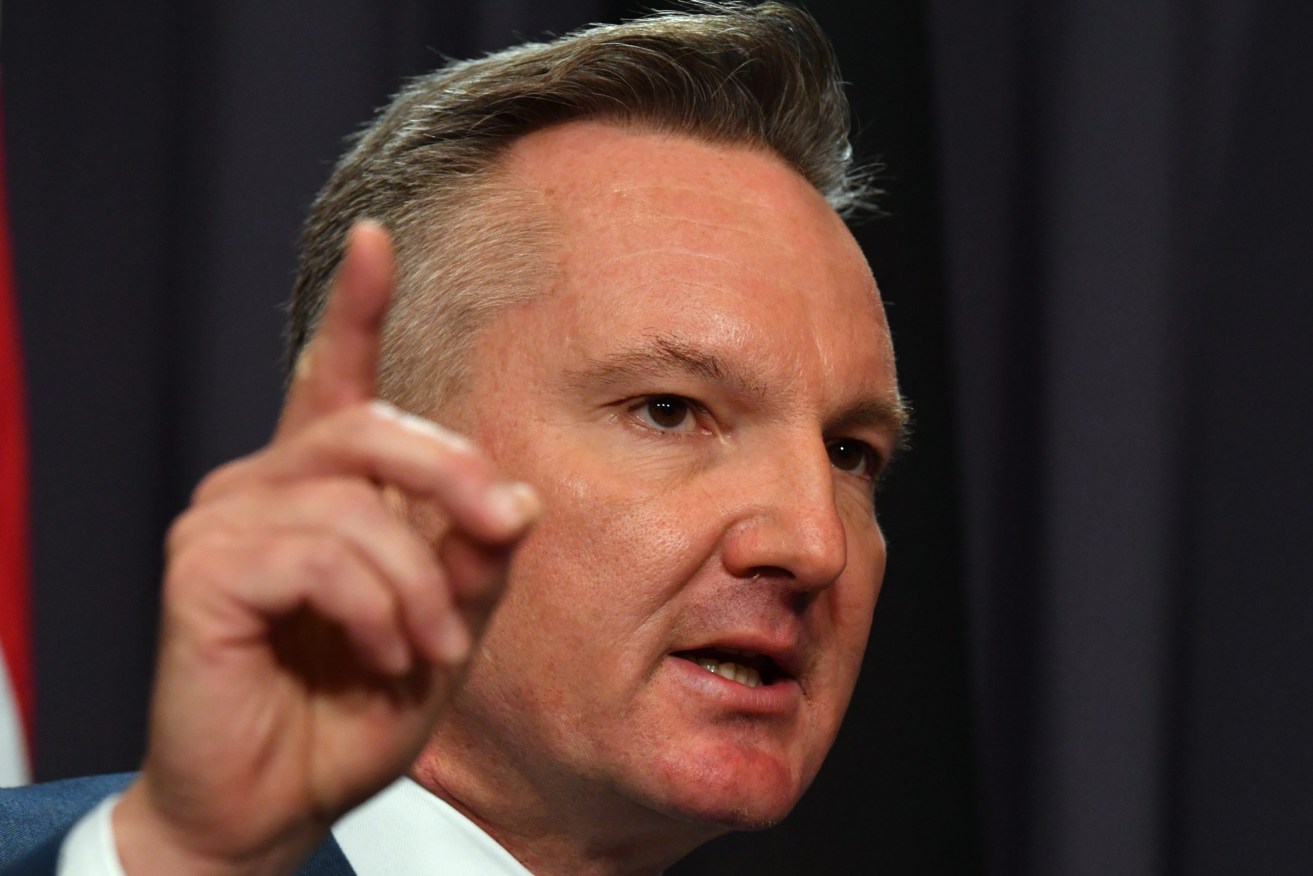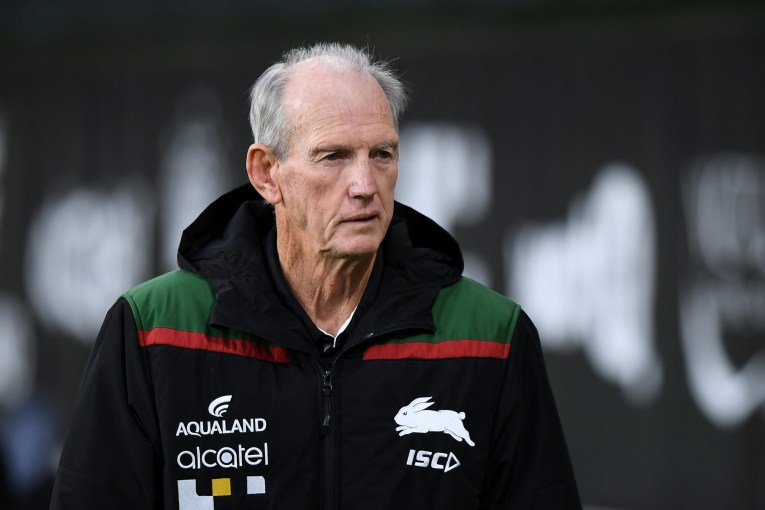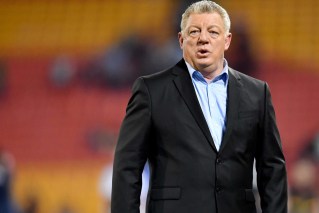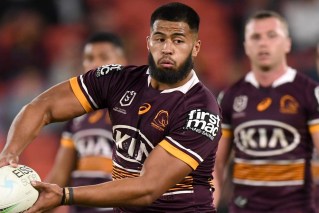Blackout threat remains as a flawed system deals with power supply crisis
Queensland faces another day with the threat of blackouts as electricity generators wait on on the sidelines and follow the rules of the nation’s energy market.


Minister for Climate Change and Energy Chris Bowen. (AAP Image/Mick Tsikas)
Federal Energy Minister Chris Bowen said the electricity crisis was created by “a cycle of events” starting in Queensland that led to Australian Energy Market Operator scrambling to find sufficient power.
That pressure remains today with AEMO there were still supply reserve shortfalls in Queensland which it was attempting to address by instructing generators to bid into the market.
Bowen said coal-fired power was “under huge pressure at the moment”.
“We have had a big chunk of Queensland’s coal-fired power out. Some of it planned, some of it unplanned. That has led to some of the pressure on the system,” he said.
“It has led to the price rises which led to the price cap and then led to the Australian Energy Markey Operator having to intervene. This is a cycle of events that has led to some of the pressure on the system.
“AEMO is working pretty hard to keep the generators (supplying) the system and using their powers as they did yesterday and no doubt will do again to avoid that load shedding,’’ Bowen said.
“What’s happening here is the generators are waiting to be instructed because they know they can then access compensation from the states.
“That’s just the way the system works. It’s not a perfect system.
“Many generators are waiting to be instructed by AEMO before they bid into the market.’’
That was likely to be the case while a price cap remains to keep the wholesale price of electricity at $300 a megawatt hour, a level considered too low for many generators to make a profit so they wait until formal instructions are given, which then triggers the compensation.
Transmission line operator Powerlink’s chief executive Paul Simshauser is expecting another supply crunch, suggesting people should lower their heaters from “blast furnace mode” between 5.30pm and 9pm on Tuesday.
He says the market operator is likely to again step in to order coal and gas generators to fire up their plants.
“They will, they’ll step in again and they’ll probably start doing that around about 5.30pm this evening through to about 9pm when the peak passes,” Simshauser told ABC radio.
“My expectation is, all going well, that will be the last topic as we start seeing some of those big generators returning from their maintenance outages.”
AEMO said the price caps were in place in Queensland, New South Wales, Victoria and South Australia.
“This is due to wholesale electricity prices reaching the cumulative high price threshold, triggering a $300 megawatt hour price cap under the National Electricity Law and the National Electricity Rules,” AEMO said on Tuesday morning.
“The price cap will remain in place at least until the end of the trading day, after which it will only remain in place if the cumulative price threshold is still exceeded.
“As a consequence, some generators revised their market availability in New South Wales and Queensland for today. This has contributed to forecast supply shortfalls, along with generation units being offline for planned maintenance and repairs.
“Supply reserve shortfalls (lack of reserve 2 and 3) are currently forecast in Queensland and New South Wales this evening (approximately 5pm to 9pm).
“AEMO will take further actions to improve electricity reserves, including directing generators into the market, which helped meet electricity shortfalls in Queensland and New South Wales yesterday.”
AEMO said it would continue to monitor reserve conditions closely in Queensland and NSW, and more broadly across the National Electricity Market, providing further updates should conditions change.
While there had been high demand for power, Bowen said people did not have to go without during the cold period.
“Nobody is being asked to turn off anything that they need … certainly nobody should be turning the heating off or anything that’s essential,” he told ABC radio.












